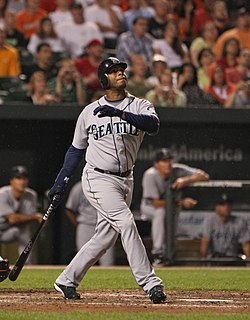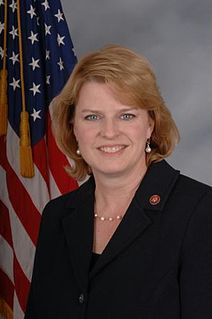A Quote by Emily Oster
The value of having numbers - data - is that they aren't subject to someone else's interpretation. They are just the numbers. You can decide what they mean for you.
Related Quotes
We live in a digital world where all is available at the touch of a screen. Money has been simplified, changed subtly over time from tangible bills to numbers in cyberspace. Cash is no longer in a cloth bag; it's numbers on a screen. Numbers that can be manipulated and modified. If you run out of numbers, you can just buy some more, right?
I don't know why people don't want to talk about their numbers. I guess in a sense, there's a bit of performer nudity, a bit of ego nudity when you expose your numbers, I guess because someone's are higher or someone's are lower. I've never really talked about the numbers with anyone, so maybe I'm not supposed to.
Three quarters of the American population literally believe in religious miracles. The numbers who believe in the devil, in resurrection, in God doing this and that - it's astonishing. These numbers aren't duplicated anywhere else in the industrial world. You'd have to maybe go to mosques in Iran or do a poll among old ladies in Sicily to get numbers like this. Yet this is the American population.
The transfinite numbers are in a certain sense themselves new irrationalities and in fact in my opinion the best method of defining the finite irrational numbers is wholly disimilar to, and I might even say in priciple the same as, my method described above of introducing trasfinite numbers. One can say unconditionally: the transfinite numbers stand or fall with the finite irrational numbers; they are like each other in their innermost being; for the former like the latter are definite delimited forms or modifications of the actual infinite.





































